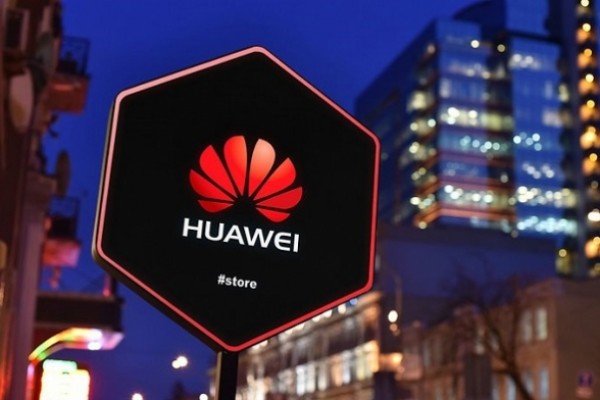Huawei is able to ship its products to its customers without relying on U.S. parts, he told CNBC at the East Tech West Conference in Nansha, Guangzhou.Huawei's chairman said the company has not had direct communication with the U.S. government. "We don't have a channel to talk to them either," Liang said.
The U.S. decision to allow American firms to continue doing business with Huawei would have little impact on the Chinese tech company, according to a senior executive at Huawei.
Huawei is able to ship its products to customers without relying on U.S. parts, Chairman Liang Hua told CNBC's Geoff Cutmore at the East Tech West conference in the Nansha district of Guangzhou, China on Monday.
Reuters reported that President Donald Trump's administration is about to issue a two-week extension of a license that will allow U.S. firms to continue supplying technology parts to Huawei.
"No matter whether there will be an extension, in terms of its real impact on Huawei, it will be very limited," Liang said in translated remarks during a panel. "Our products are able to be shipped without the reliance on the U.S. components and chips."
He said that if U.S. companies are not allowed to sell to Huawei, it would "pose a bigger damage" to them. Huawei has the ability to ensure all of its main products, including 5G base stations, can be manufactured and supplied to its customers without relying on U.S. parts, according to the chairman.
Huawei is the world's biggest telecommunications equipment maker and one of the leading names in the development of 5G — the next generation of high-speed mobile internet technology that aims to provide faster data speeds and more bandwidth to carry growing levels of web traffic. It's seen as central to China's ambitions in becoming a dominant player in 5G.
In May, the U.S. added Huawei and its affiliates to a blacklist, the so-called Entity List, and said the company was a security risk. As a result, U.S. companies cannot sell or transfer technology to Huawei without a government-issued license. Washington later softened its stance and temporarily extended the license for American firms.
Despite pressure from the U.S., Huawei claimed in October that it has signed more than 60 commercial 5G contracts with "leading global carriers."
Huawei's chairman said the company has not had direct communication with the U.S. government. "We don't have a channel to talk to them either," Liang said.
Asked why he thought officials in the U.S. government were not speaking to Huawei directly, Liang said the U.S. government does not know the tech company well enough. "The lack of communication is because of a lack of knowledge."
